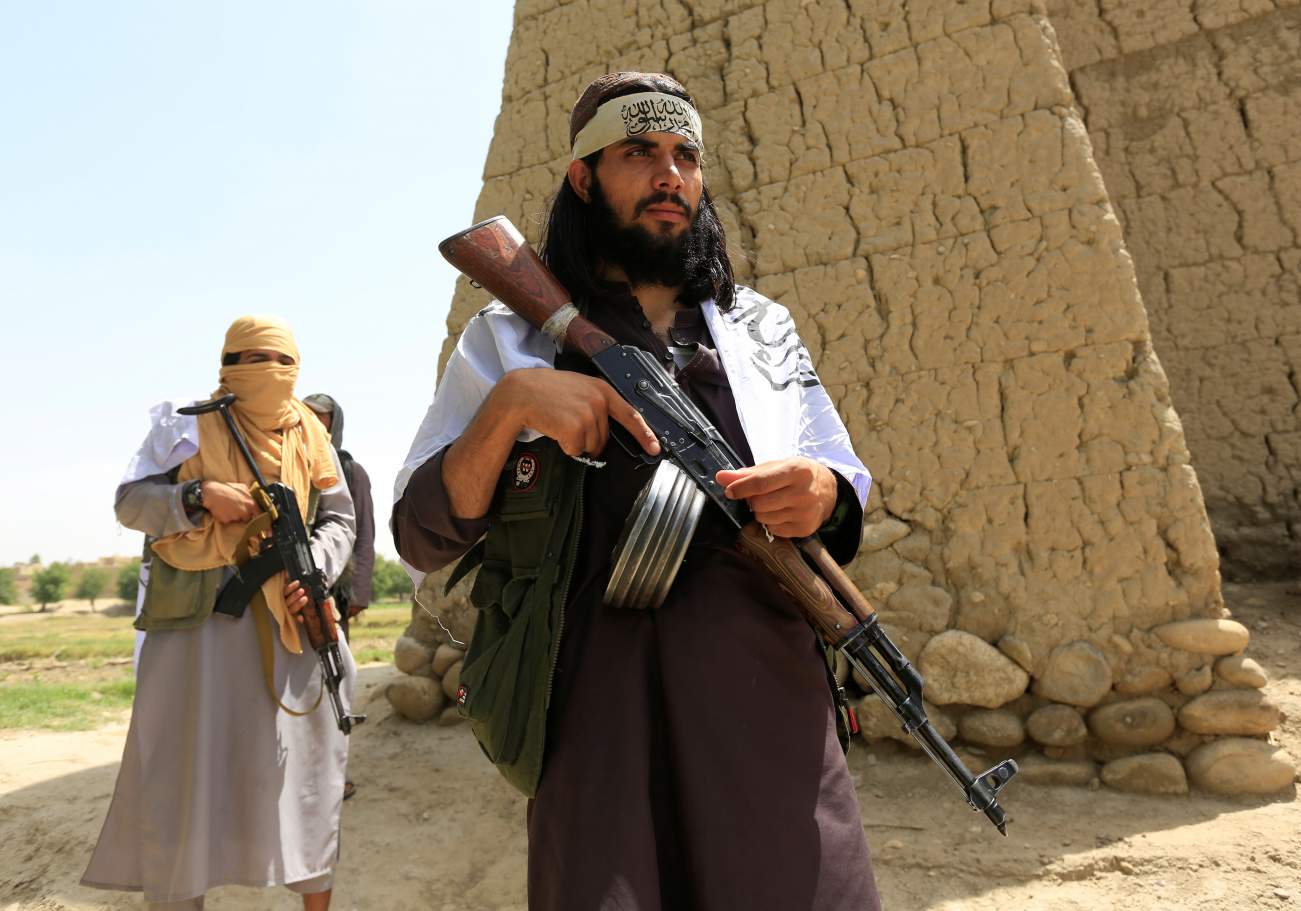by Masood Ahmad Azizi
The latest round of U.S.-Taliban talks appears to be heading to a framework for peace. In exchange for a timeline for the withdrawal of U.S. forces, the Taliban have agreed to a guarantee that Afghan territory will not be used to sponsor terrorist groups or stage attacks against the United States or its allies. This would be followed by a nationwide ceasefire and the start of an intra-Afghan dialogue, leading to the release of prisoners from both sides.
For all the progress, the peace talks face criticism for excluding the Afghan government. The Taliban have consistently refused to recognize Afghanistan’s elected government—calling it a U.S. puppet—and demanded to negotiate solely with the United States. But intra-Afghan negotiations between the Taliban and Afghan leadership will only begin once a deal with the United States is agreed upon.
The ugly truth is that the Taliban have a legitimate claim of representing a part of Afghan society. The southern provinces of Helmand, Oruzgan, Zabul and Kandahar—part of the Pashtun heartland—does not fully reject the Taliban and provides 80 percent of its fighters. It has also become a fertile recruiting ground for Al Qaeda as well as Daesh.
Walt Disney's fifth full-length animated film, Bambi, was released to theaters.
Bayerische Motoren Werke AG (BMW) established as a public company in Germany.
It is widely accepted that anger and resentment throughout the south was the catalyst for the 2005 resurgence of the Taliban. Capitalizing on mistakes made by both the Afghan government and the Americans, the Taliban have waged a formidable military comeback, which has given the terror group considerable leverage at the negotiating table. Central to its argument is a compelling claim that the Taliban, not the elected Afghan government, speak for the south.
Southern grievances stem from persistent underrepresentation in successive administrations. After the ouster of the Taliban in 2001, Kandahar-born former President Hamid Karzai, perhaps in the interest of national unity, often neglected the south in order to win over other parts of the country. Successive governments followed suit.
In Kabul, decision-making bodies are still mostly staffed with Afghan returnees from abroad. While the returnees may be highly educated and qualified, they lack the nuanced understanding of the country’s ground realities especially along the so-called Pashtun belt in the south. Southerners have rarely held any of the key ministries, and only the Ministry of Border and Tribal Affairs since 2017. President Ashraf Ghani, although ethnically Pashtun, is widely criticized for failing to understand the social fabric of southern Afghanistan and as a result has been unable to fully address its concerns. Even the leadership of the High Peace Council established in 2010 to separately negotiate with the Taliban is led by non-Pashtuns.
Without advocates in Kabul, the south has suffered from election rigging, lack of investment, and inadequate reconstruction efforts, leaving the region impoverished and southerners festering in anger, susceptible for recruitment by the Taliban and other armed groups. Inevitably, this lack of a “southern voice” in the Afghan government will have consequences in the ongoing U.S.-Taliban negotiations. While the government might ignore the south, the Taliban does not.
The United States and its Afghan partners, to their credit, have recognized the danger of marginalization. In 2008, there were strong recommendations from Kabul for a “ground-up approach” to fighting terror by recruiting southern Afghan tribesmen but a lack of understanding of the political realities led to problems in implementation which continue to this day. In one example, a high-ranking Afghan military official declared to parliament in 2016 that it was vital to address the southern Achakzai tribal insurgency, but it was some Ishaqzai tribesmen who were fighting against Afghan National Forces. Confusing these two tribes is comparable to confusing a Californian with a Virginian.
Dangerously, the “southern voice” is up for grabs. The dire conditions in the region have stoked opposition to Taliban domination. The area, when aggrieved, has historically been a center of revolt, ranging from resistance to the 2001 U.S.-led occupation, anti-Soviet mobilization occupation in the 1980s and the Anglo-Afghan wars of the nineteenth century. Since 2005, the Taliban have leveraged the post–2001 grievances to recruit cadres of southerners to join its ranks and control of the south is the result. Unless the United States and its local partners offer southerners an alternative, the Taliban or other armed groups will leverage that control at the negotiating table.
To sustain long-term peace in Afghanistan, the south must be heard, and its interests reflected in peace negotiations. It is too important to neglect. It contains the key provinces of Kandahar, Zabul, Helmand, and Oruzgan, is rich in resources and a crossroads for trade with Pakistan and Iran. It is also a center of both Taliban strength and anti-Taliban resistance. Peace negotiations are a chance—perhaps the final chance—for the government to demonstrate support for a region that has suffered both from Taliban repression and government neglect.
As U.S.-Taliban negotiations transition to intra-Afghan talks, the need for southern representation only becomes more urgent. At present, the south has no seat at the table, but the region is crucial for even a semblance of peace and reconciliation. Without a seat, or voice, violence will persist. Southern grievances are at a tipping point, and if Kabul or Washington won’t address them, the Taliban—or other armed groups—certainly will.
Masood Ahmad Azizi is an experienced and effective strategic security leader committed to working in partnership across tribal, ethnic and national borders to realize the full potential of Afghanistan and the Afghan people. He was the youngest and longest-serving deputy minister in the Interior Ministry, holding the rank of major general. In that role, he acted as a proponent of strong reform within Afghan Security Institutions. Follow him on Twitter @masoodaazizi.

No comments:
Post a Comment